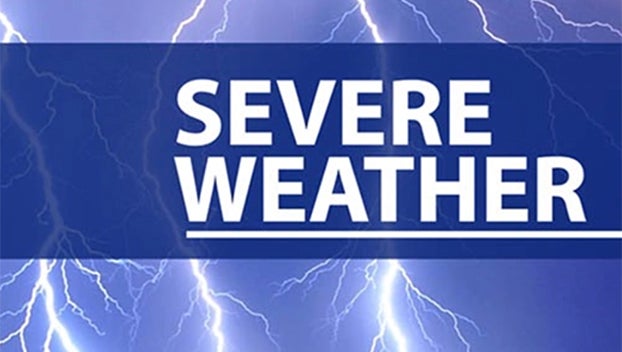Chemical plant on fire in Lake Charles
Published 3:45 pm Thursday, August 27, 2020
|
Getting your Trinity Audio player ready...
|
PRESS RELEASE — AUSTIN — As Hurricane Laura rushed through Louisiana and southeastern Texas early Thursday, a chemical plant caught fire in Lake Charles, La., some 40 miles from the state line. The facility, owned by BioLab, is reportedly leaking chlorine, a chemical commonly used to manufacture pesticides, rubber, paper, and solvents. BioLab has a history of emitting potentially dangerous chemicals. The U.S. The Environmental Protection Agency says that in 2019, BioLab released more than 21,000 pounds of chlorine.
Chlorine can cause a wide variety of health problems including blurred vision, nausea and vomiting, and even fluid in the lungs.
Ahead of Hurricane Laura, a number of facilities in Texas shut down, a process that requires releasing hazardous pollutants. The companies that run those plants, including Motiva Chemicals, told the Texas Commission on Environmental Quality (TCEQ) that they planned to emit over 4 million pounds of pollution collectively. Early this morning, Motiva, restarting its facility in Port Arthur, Texas, said that it would release nearly 49,000 pounds of pollution.
In response, Danielle Melgar, U.S. PIRG’s toxics program advocate, and Catherine Fraser, Environment Texas’ clean air associate, issued the following statements:
“Our hearts are with the people of Lake Charles today, and all others affected by Hurricane Laura. We’re thankful for first responders who are conducting search and rescue operations and who are working to put out this fire. We urge residents to heed warnings to shelter in place if possible,” said Melgar.
“Texans and Louisianans are increasingly vulnerable to climate change-fueled severe weather — and the preponderance of chemical and fossil fuel facilities compounds the risks to our public health and our environment. Poor public policies have created a lose-lose situation here. Either these facilities shut down ahead of a hurricane and release a ton of pollution or stay on and potentially release even more pollution — or even catch fire. For our neighbors already dealing with COVID-19, it’s too much.
“It doesn’t have to be this way. With clean energy and modern technology, we can do things to mitigate climate change and minimize our reliance on dangerous chemicals and fossil fuels. When we’re done cleaning up this mess, we need to take a step back and figure out how we can prevent or minimize disasters like this in the future,” said Fraser.





